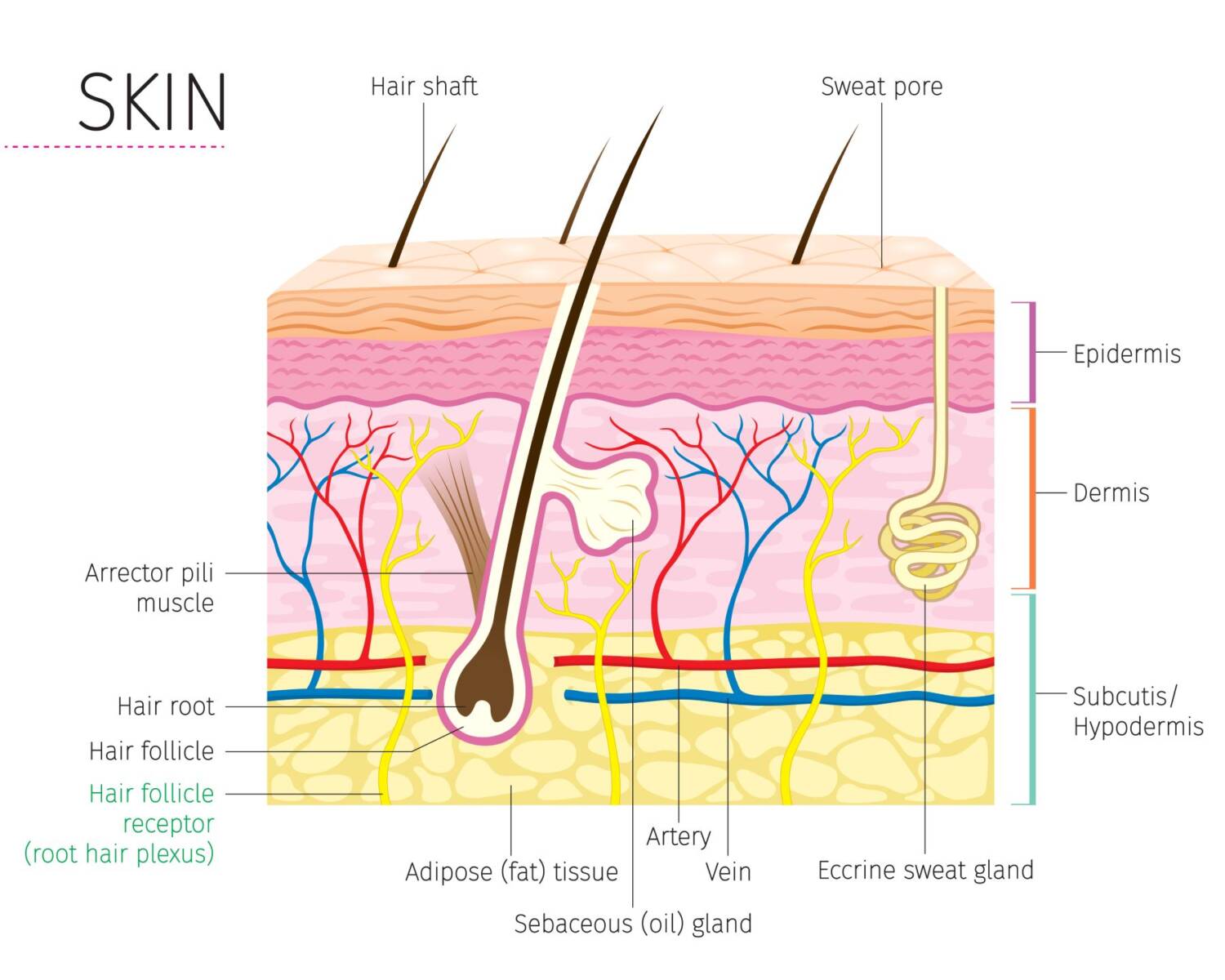
Seeing Skincare Differently
Our skin, the largest organ of our body, is much more than what we see on the surface. It’s a complex and crucial barrier that
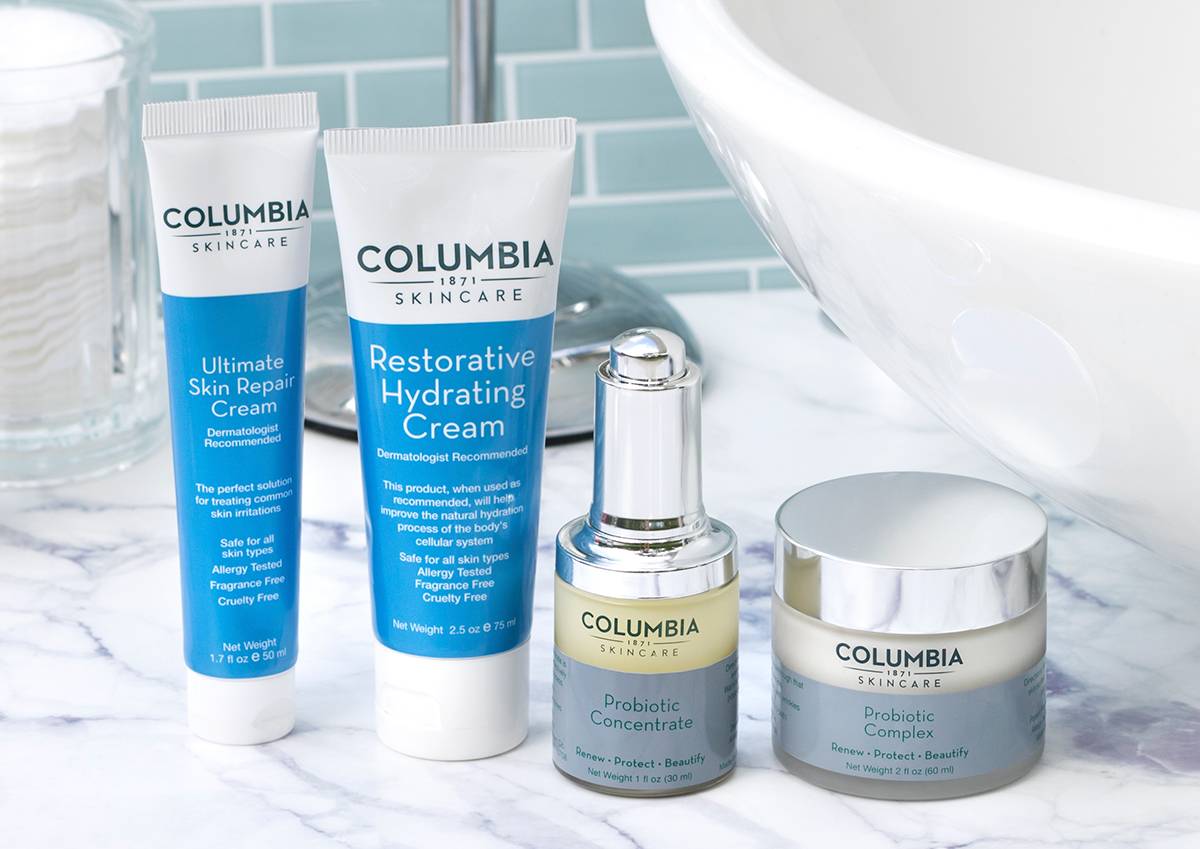
For All Skin Types
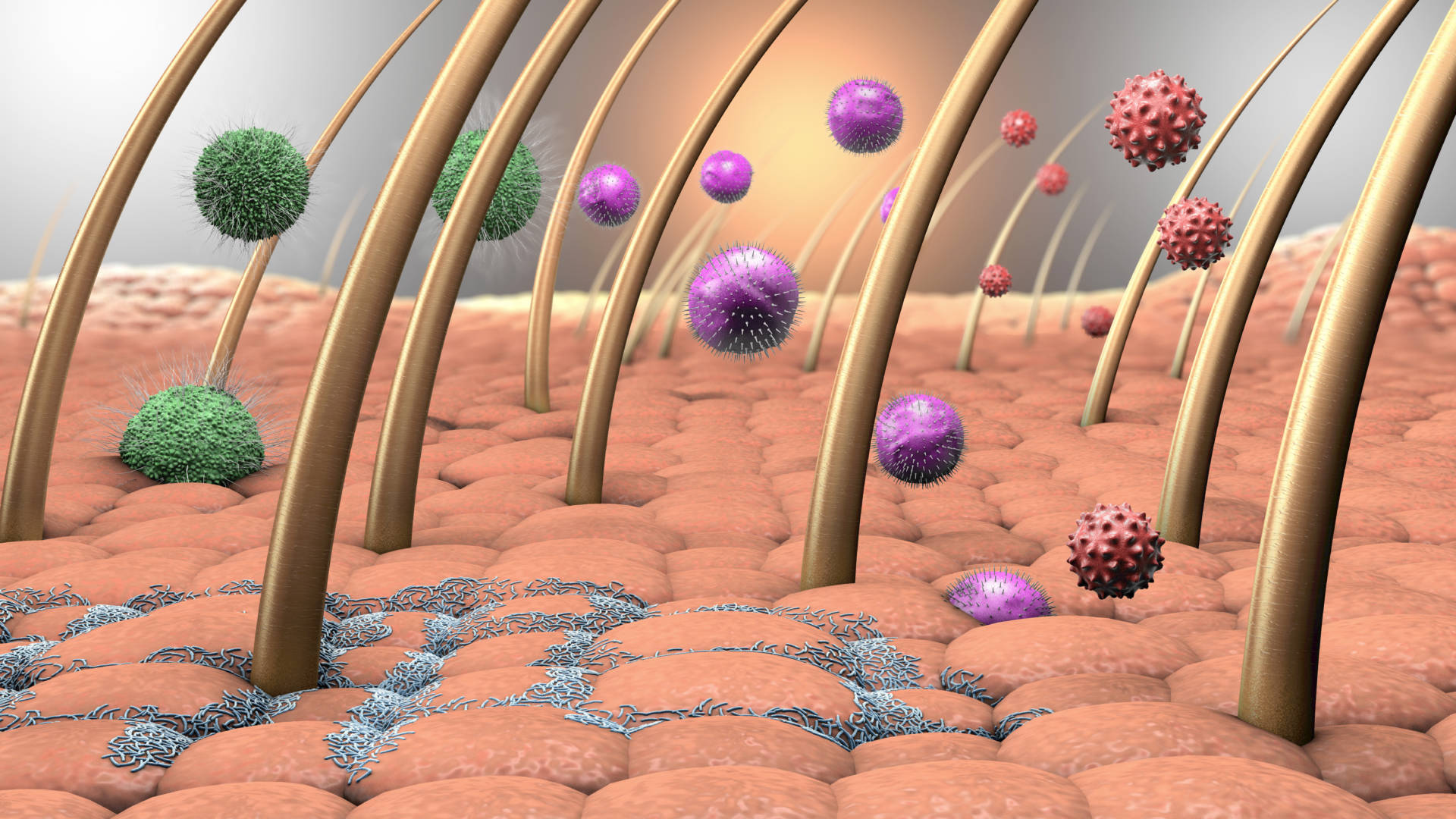
Skin is the largest organ in the body; it protects your other organs from the harsh outside thus making it one of the most important organs in your body. Skin is composed of a vast, complex network of various cells, proteins, ceramides, lipids, and its microbiome. A healthy and full functioning skin barrier is vitally important in keeping us alive and well.
If you have any awareness of the Columbia SkinCare brand, you know our main focus has been on keeping the skin barrier, along with the skin’s microbiome balanced and healthy. Unlike other skincare brands our approach to the proper management of the skin’s barrier is not a cosmetic one. Instead we consider skincare management to be an essential health issue and as such we address our efforts at developing products which work in harmony with the skin’s natural rejuvenation processes.
In order to understand what the skin barrier does, you need to know how the skin is structured. Generally speaking, the skin is made up of three individual layers, the epidermis, the dermis, and the hypodermis. Each layer has several sublayers, most of which perform unique, specialized functions.
The outermost part of the epidermis is the stratum corneum, or the skin barrier. This is the layer of the epidermis that helps the skin retain moisture and prevents unwanted substances from entering the body. The skin barrier has many functions, some of which are vital for your overall health. The three most essential roles are:
•Protecting your body from external stressors, like pollution and UV radiation
• Retaining water to keep your body and skin hydrated
• transporting vital nutrients to your skin.
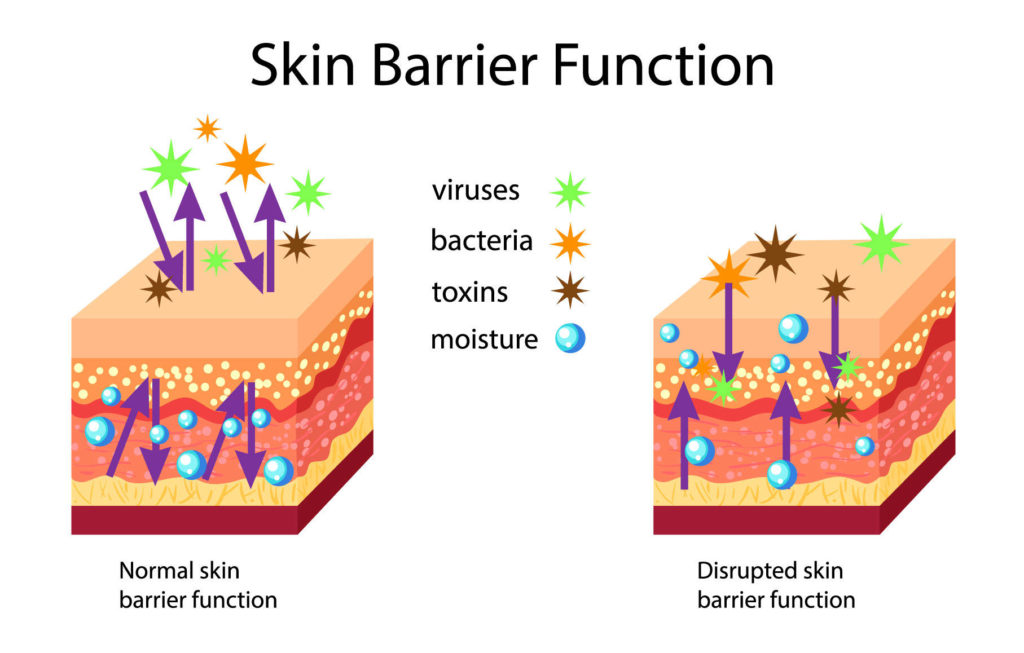
These combined factors are responsible for keeping your body’s various systems balanced. We refer to this as homeostasis. Your skin barrier is also the primary determinant of how healthy and even your skin looks. If it’s working properly, your skin barrier will retain water to keep your skin hydrated, smooth, and elastic. It’ll also fend off environmental aggressors, like pollution, and be less prone to irritation.
On the other hand, if your skin barrier isn’t functioning optimally, your skin will be vulnerable to dehydration (trans-epidermal water loss), and be less able to fend off damaging aggressors, resulting in physical changes including discoloration premature wrinkles. In fact, it has estimated that environmental influences are responsible for up to 97 percent of visible skin aging. Therefore, it is likely that many skin concerns you may have may be due due, at least in part, to a poorly-functioning skin barrier.
While it is difficult to list every potential source of skin barrier impairment; everything from your genetic makeup to your lifestyle can affect your skin barrier’s health. We now know that our skin is covered by a microbiome. Many scientists now believe that it is actually this microbiome which is the largest organ of our body. The microbiome is a complex and dynamic ecosystem that is inhabited by bacteria, archaea, fungi and viruses. These microbes are fundamental to skin physiology and immunity. Interactions between skin microbes and the host can fall anywhere along the continuum between being commensal or pathogenic. Without the understanding of how the skin’s microbiome impacts the skin’s barrier function, it would be impossible to develop products which are safe and effective in keeping your skin healthy.
Of course there are other factors that impact barrier function, including UV radiation, smoking, and chronic exposure to pollution. Physical damage—like that incurred from over-exfoliating—can also affect your skin barrier’s health, as can lifestyle factors, like your stress levels and how much sleep you get. Think of it this way: Any internal or external stressor that results in visible skin changes is likely capable of disrupting or damaging your skin barrier. However, all of these factors can now be linked to creating an imbalance in the skin’s microbiome as well.
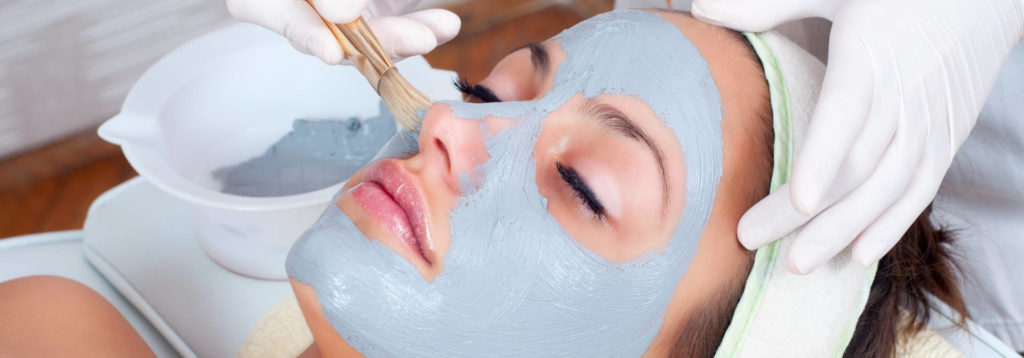
We are living in an age of extraordinary discovery where medical research and development into the areas of genomics and proteomics and the improved understanding of the microbiome are enabling people to live longer and healthier lives. Utilizing the latest scientific technologies has helped to increase our life expectancies and allowed us to age with greater comforts. The truth is that that people want to look as good on the outside as they feel on the inside.
The synergistic combination of dermatology and biochemistry provides considerable insight into skin composition and we can now think about preventing skin disease and enhancing the skin barrier, a concept that was unthinkable even a decade ago.
At Columbia SkinCare, we have been studying how we can create a healthier and stronger skin barrier for quite some time. Our international team of researchers and scientists were able to develop probiotic formulations that deliver exactly the right bacteria to rebalance the skin’s delicate microbiome while strengthening the skin barrier. This probiotic complex comprises a Lactococcus Ferment Lysate combined with plant stem cell extracts and peptides for maximum impact on the skin barrier. The efficacy of this complex is due to the polyphenols present in the plant stem cells which potentiates the activity of the lysate and the peptides. In effect, what has been created is a “super bug” of good bacteria which enter the skin’s cellular system and boosts and stabilizes the microbiome.
How can we help protect our skin barrier function:

Our skin, the largest organ of our body, is much more than what we see on the surface. It’s a complex and crucial barrier that

In the world of skincare, countless products vie for our attention, promising a youthful glow, wrinkle reduction, and age defying perfection. But with so many

In the realm of skincare shopping, there’s a little-known secret that can make a big difference both to your wallet and the planet: opting for

The “wellness” industry is booming. From colon cleanses to crystal healing, the market explodes with promises of optimal health, inner peace, and eternal youth. But

At Columbia SkinCare, when we ponder the question, “Are you feeling well?”, we delve deep into the essence of what wellness truly signifies. In our